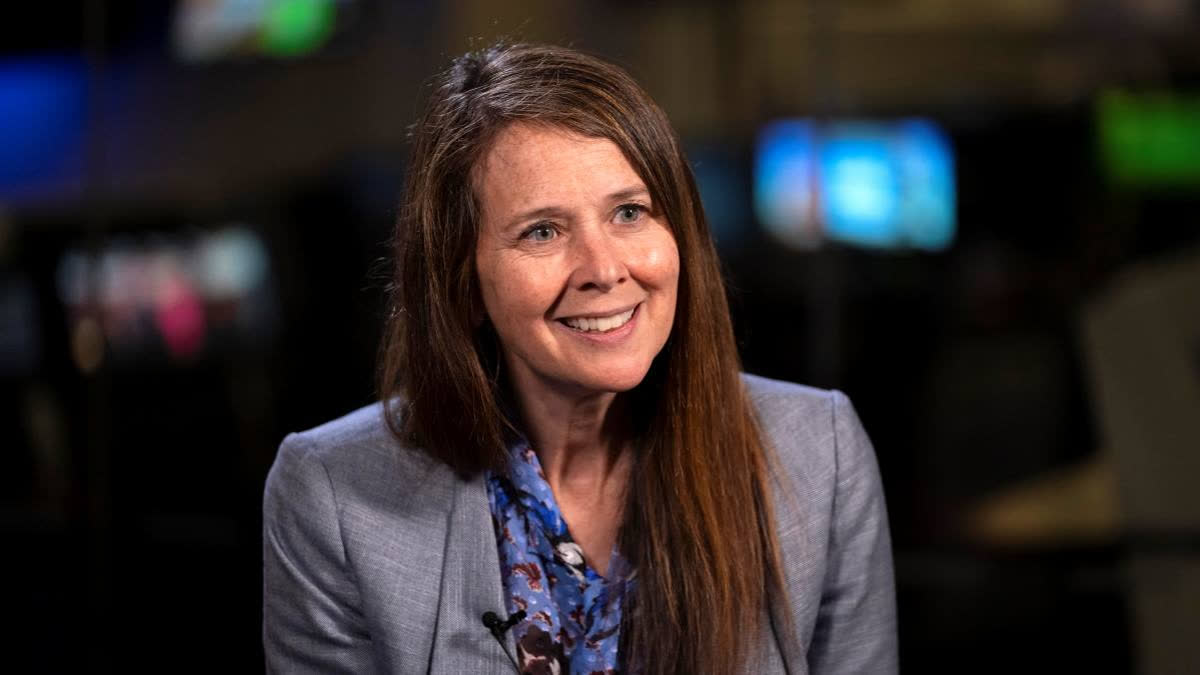Washington: Nearly a month out from Election Day, the head of the nation's cybersecurity agency is forcefully reassuring Americans who have been swept into the chaotic churn of election disinformation and distrust that they will be able to feel confident in the outcome.
State and local election officials have made so much progress in securing voting, ballot-counting and other election infrastructure that the system is more robust than it has ever been, said Jen Easterly, director of the U.S. Cybersecurity and Infrastructure Security Agency. As a result, she said, there is no way Russia, Iran or any other foreign adversary will be able to alter the results.
"Malicious actors, even if they tried, could not have an impact at scale such that there would be a material effect on the outcome of the election," Easterly told The Associated Press in an interview Wednesday.
Easterly's trust in the election process comes as intelligence officials have warned of escalating efforts by foreign adversaries to influence voters, deepen partisan divides and undermine faith in U.S. elections.
Her comments stand in contrast to the doubts millions of Americans, especially Republicans, have held since the 2020 election when former President Donald Trump refused to accept his loss. He has built on his false claims of vote rigging since then, setting the stage to claim the election has been stolen if he loses again this November.
Easterly touched on a range of election-related concerns — including misinformation, her agency's role in interacting with social media companies and ongoing threats to election workers — during the 40-minute interview, which came as mail ballots are being sent out and some states have started early in-person voting. She also said her agency is in touch with election officials throughout the regions of the Southeast that have been ravaged by Hurricane Helene, and praised those workers for "displaying enormous and admirable resilience" as they try to ensure that voters are able to cast their ballots despite the devastation.
Recognizing that many Americans' confidence in elections "has been shaken," Easterly emphasized how prepared election officials are for emergencies, simple mistakes and attacks — and how motivated they are to protect Americans' votes.
Election officials have worked in recent years to boost cybersecurity defenses around the nation's voting systems, implementing procedures ranging from access controls to regular testing to identify potential vulnerabilities. Officials also test voting equipment before every election to ensure it works properly.
Easterly pointed to layers of security and transparency — such as the paper record of votes in more than 97% of voting jurisdictions — as protections that will help verify the results.
"Things will go wrong. There could be another storm. There could be a ransomware attack, a distributed denial of service attack," she said. "These disruptions will create effects, but they will not impact the ability and the votes being cast or those votes being counted."
U.S. officials have spent recent months warning through criminal charges, sanctions and public advisories that foreign adversaries are ramping up their efforts to influence voters in the race for the White House.
The Biden administration last month seized more than two dozen Kremlin-run fake websites and charged two Russian state media employees in a scheme to covertly fund right-wing influencers. Last week, three Iranian operatives were charged with hacking Trump's campaign.
Intelligence agencies and tech companies have tracked both Russian and Iranian actors using fake websites and social media profiles to spread misinformation, stoke division and potentially sway American voters. Iran and Russia have sought to influence past U.S. elections through online disinformation and hacking. Easterly noted that China also was "very interested" in influencing the 2024 election.
